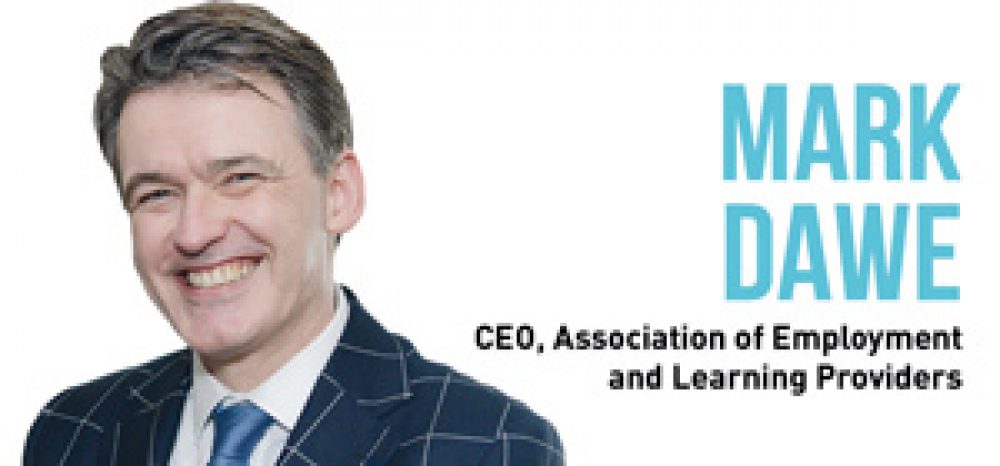An OCR pilot in Kent is offering a group of 16 to 19-year-olds the same three-pronged approach as the government’s traineeships, writes Mark Dawe
About 958,000 (about 20 per cent) of 16 to 24-year-olds in the UK were out of work in the first quarter of 2013. While this is lower than in some EU countries, helping young people to take their first steps into the workplace is important for any economy and a responsibility for us all, including awarding bodies.
After nearly a year of discussion about a ‘pre-apprenticeship’ initiative to help young people bridge the gap between school or college and the workplace, Skills Minister Matthew Hancock published the framework for traineeships in May.
They start for 16 to 19-year-olds this September, with the possibility of an extension to 24-year-olds “in due course”. They will be structured around three core areas: work placements, work preparation training, and a focus on improving English and maths skills.
The employability skills qualifications that OCR provides, with functional skills and Cambridge progression qualifications in English and maths that feed into them, are all relevant to the new traineeships.
OCR will offer a ‘Cambridge traineeship’ package of qualifications and support for those who want the convenience of a
one-shop.
We are currently running a pilot with the Kent Association of Training Organisations (KATO) in Thanet and Gravesend, two areas of relatively high unemployment. The 35 young people recruited for the three-month pilot are being offered the same three-pronged approach: work experience, a focus on core English and maths skills (we have a diagnostic assessment tool to identify individual learner needs in this area), as well as work preparation (vocational skills courses and interview practice).
The pilot focuses on preparing young people to work in customer service and business administration in particular, with work experience in local employers, such as solicitors, retailers and GP surgeries.
By partnering with an organisation such as KATO, feedback from real training providers and learners can inform our planning. The pilot, although not identical, closely mirrors the traineeship programmes outlined by the government. If this shows that the programme works for 16 to 19-year-olds, it is more likely that the government will find a way to extend the initiative.
Those with other Skills Funding Agency and employability funding may be able to utilise various qualifications and/or units available within traineeships for those over 19, as many are already doing.
However traineeships are taken up from August, there is already an enormous amount of expertise in the work-based learning sector in ‘employability’ — the general skills and abilities that people need to get, keep and do well in any job. They are the skills that organisations, such as the Confederation of British Industry, say is lacking in many young people.
Demand for OCR’s employability skills qualifications has certainly grown in recent years and we are updating our qualifications to take account of new technologies and developments in the world of work.
With changes in funding, new targets, and uncertainty over contracts, these are challenging times for the work-based learning sector. OCR is keen to make its contribution and looks forward to providing an update on the impact of the Kent pilot.
Mark Dawe, chief executive of OCR









Your thoughts